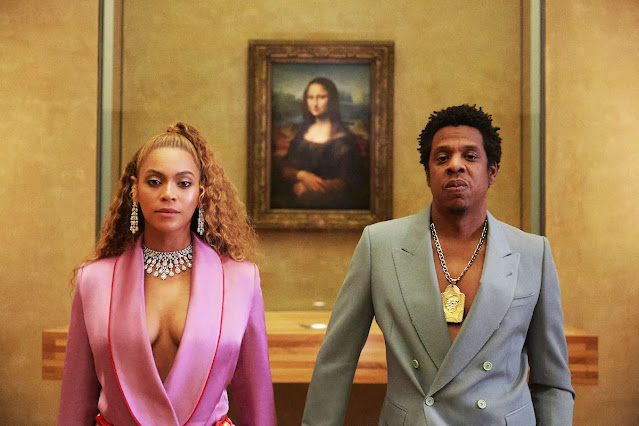In the realm of conspiracy theories and popular culture, one particular notion has captured the imagination of many: the belief that power couple Beyoncé and Jay Z are at the helm of the secretive and enigmatic group known as the Illuminati. This theory has circulated widely across social media, forums, and even mainstream media, perpetuating a narrative of influence and manipulation. At its core, the Illuminati is often associated with an elite group allegedly controlling world events, economics, and politics. The supposed involvement of Beyoncé and Jay Z in such an organization has captured the public's attention, prompting both speculation and skepticism. This phenomenon can be attributed to a combination of factors, including the couple's immense success, symbolism used in their performances, and the mysterious nature of the Illuminati itself. However, it is essential to critically examine the evidence, debunk misconceptions, and separate reality from fiction to understand the true origins and implications of this intriguing conspiracy theory.
The roots of the Beyoncé and Jay Z Illuminati theory can be traced back to the symbolism and imagery present in their music, performances, and public personas. Beyoncé, a global icon and acclaimed artist, often incorporates symbolism associated with the occult and secret societies in her work. The infamous "Roc Nation" hand gesture, often displayed by Jay Z and affiliated artists, is believed to represent the pyramid, a symbol associated with the Illuminati. Additionally, the use of imagery such as all-seeing eyes, triangles, and other esoteric symbols in music videos and performances has fueled speculation. The couple's rise to fame and prominence has been rapid and monumental, leading some to question whether their success has been aided by clandestine forces.
Furthermore, the prevalence of social media and the rapid dissemination of information in the digital age have contributed to the spread of the Beyoncé and Jay Z Illuminati theory. Online platforms serve as breeding grounds for conspiracy theories, and sensational claims can quickly gain traction and become ingrained in public consciousness. Memes, videos, and articles that amplify this theory often circulate, providing a platform for believers to reinforce their convictions and recruit others into their worldview. The echo chamber effect, where individuals are exposed to information that aligns with their beliefs, further solidifies the theory in the minds of those inclined to accept it.
Another significant factor contributing to the perception that Beyoncé and Jay Z are involved with the Illuminati is the nature of the Illuminati myth itself. The Illuminati, historically founded in the 18th century, was a real secret society that opposed superstition, religious influence, and abuses of state power. Over time, the organization dissolved, but it became a powerful symbol of a hidden elite. Modern conspiracy theories have twisted this historical reality, transforming the Illuminati into an all-encompassing entity that supposedly controls the world from behind the scenes. Celebrities like Beyoncé and Jay Z are often targeted due to their immense influence and perceived connections to the global elite.
In reality, there is no concrete evidence to support the claim that Beyoncé and Jay Z are members or leaders of the Illuminati. The fascination with this theory may stem from a desire to make sense of a complex and interconnected world. Humans often seek patterns and connections, even where none exist, to gain a sense of control and understanding. Conspiracy theories like this provide a framework to explain the unexplainable and offer a scapegoat for societal issues or disparities in wealth and power.
The belief that Beyoncé and Jay Z run the Illuminati is a fascinating example of how popular culture, symbolism, social media, and historical myths can intertwine to create elaborate conspiracy theories. While the evidence supporting this theory is speculative at best and based on symbolism and conjecture, its widespread popularity reflects a broader cultural phenomenon. Understanding why people believe in such theories is crucial in addressing the spread of misinformation and fostering a critical approach to evaluating the information we encounter in our increasingly interconnected world.




